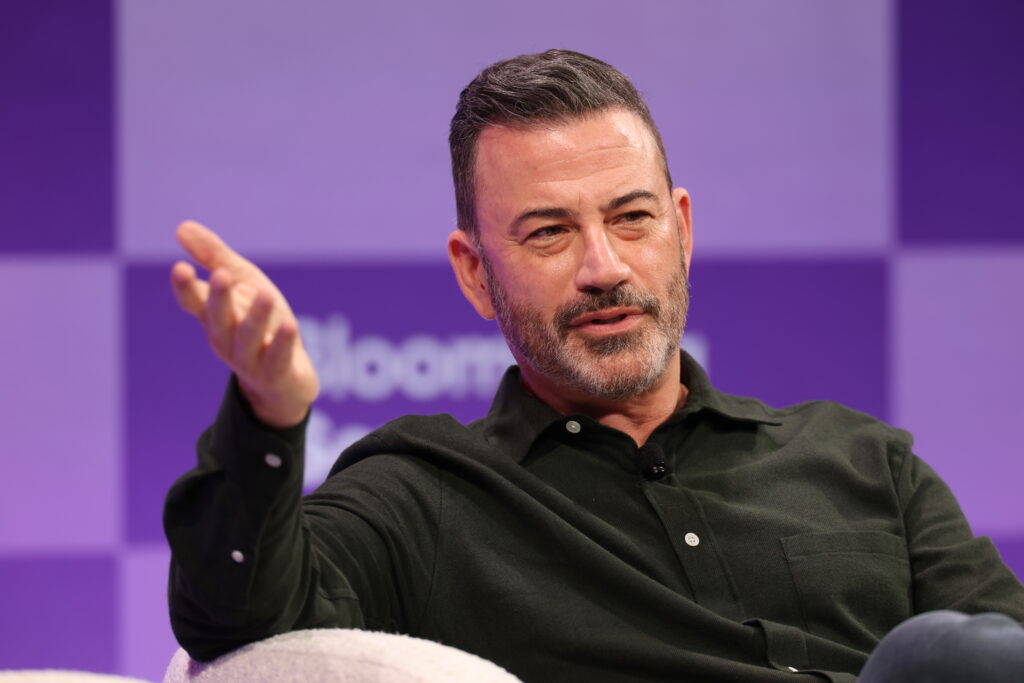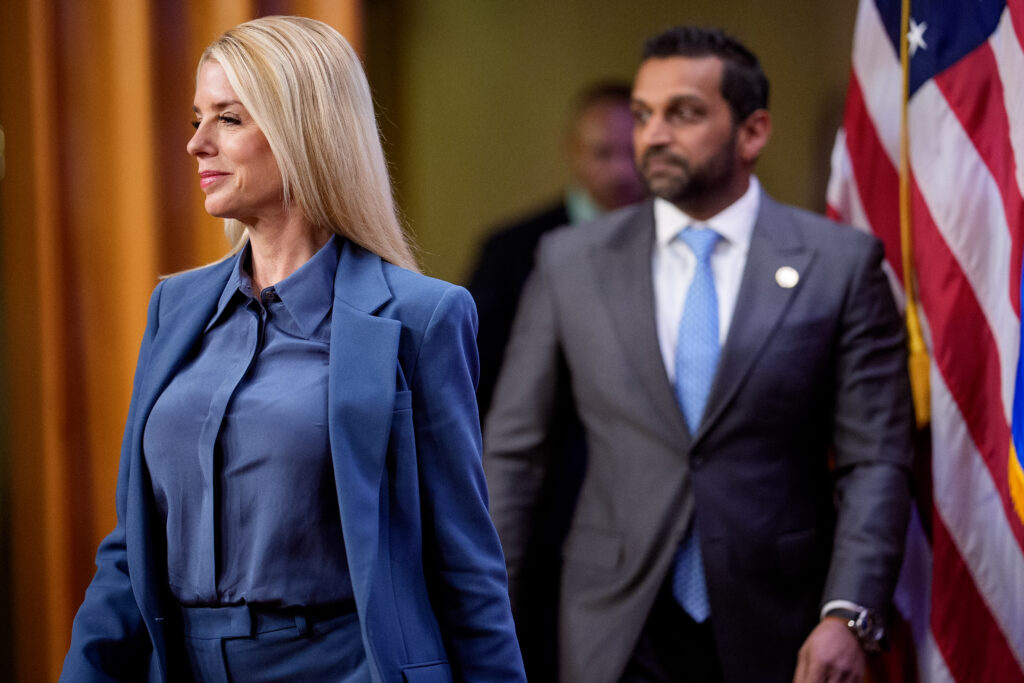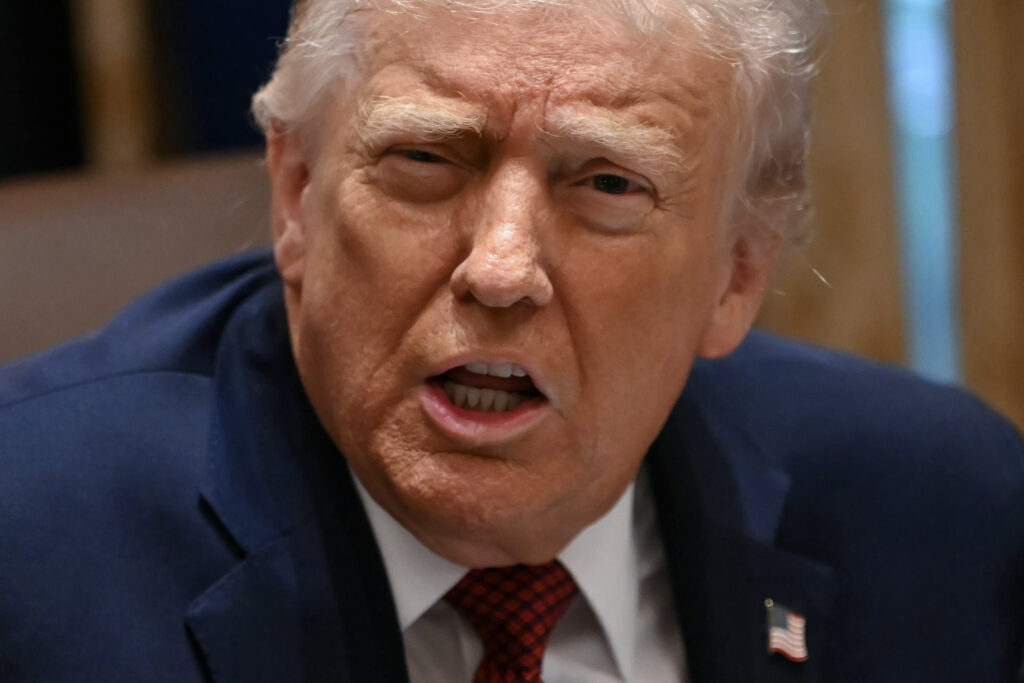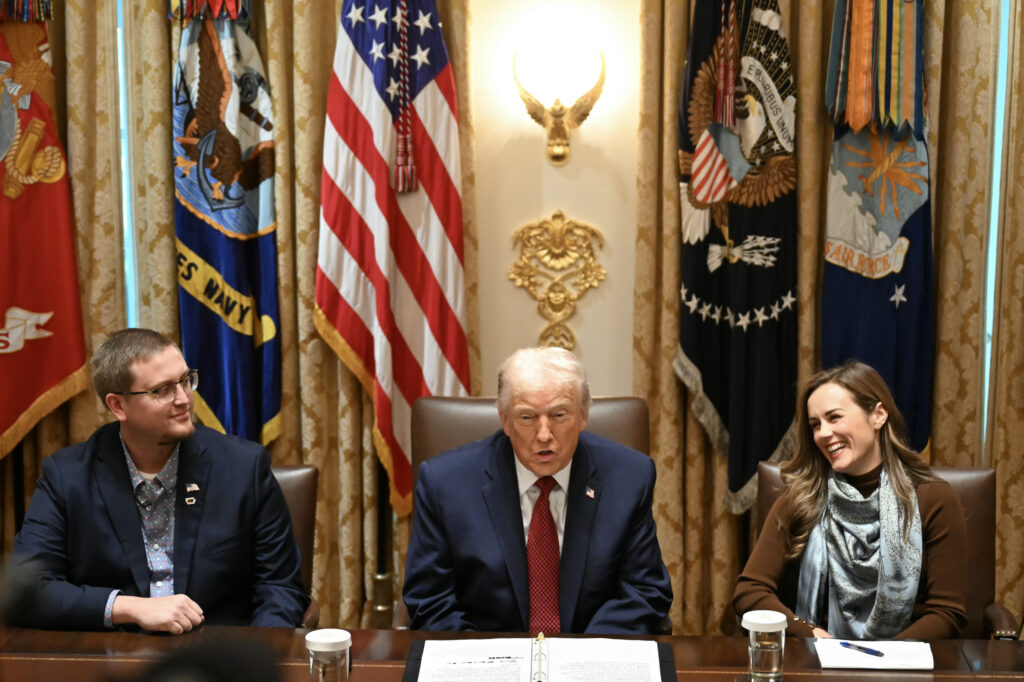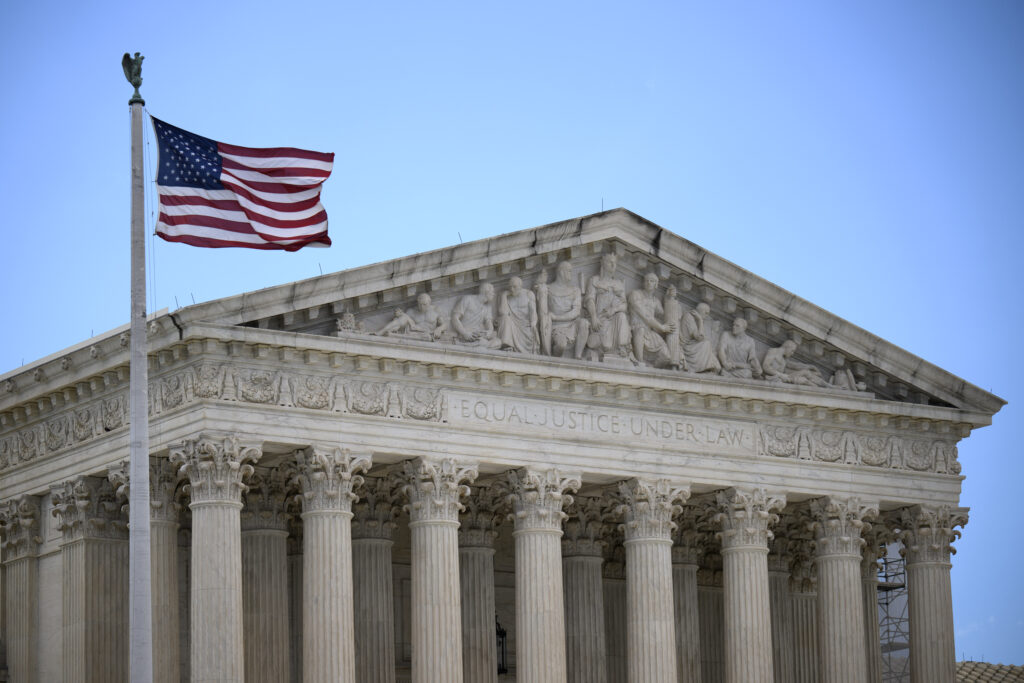Paramount on Monday launched an all-cash tender offer to acquire Warner Bros. Discovery, the Hollywood giant that also owns CNN, in a challenge to Netflix’s own highly contested deal.The hostile offer sets up a bidding war between Paramount — whose CEO is David Ellison, the son of Larry Ellison, an ally of Donald Trump — and streaming behemoth Netflix.Netflix shocked the industry last week by announcing it had sealed an agreement to buy the Warner Bros. studio, drawing bitter reactions from voices in Hollywood worried about the future of their industry.David Ellison’s father Larry, one of the world’s richest people, has put up the cash to pay for the buyout, with sovereign wealth companies from Saudi Arabia, Qatar and Abu Dhabi also investors.Another investor is Affinity Partners, the private equity firm founded by Trump’s son-in-law Jared Kushner, who is close to the president and acted on his behalf in recent diplomatic missions on the wars in Gaza and Ukraine.Trump weighed in on Sunday, saying Netflix’s deal “could be a problem” as it would be left with a huge market share of the film and TV industry.In a break from usual practice, Trump said he would be “involved” in the government’s decision to approve the deal over fair competition concerns, instead of leaving the question solely in the hands of the Department of Justice or Federal Trade Commission, as is usually the case.”We’re really here to finish what we started,” David Ellison, who is also chairman of Paramount, told CNBC as his company made a sixth offer for Warner Bros. since a bidding war began in September.Unlike Netflix’s offer, Paramount’s latest bid includes the buyout of cable channels such as CNN, TNT, TBS and Discovery — which would be added to its group of TV assets like CBS, MTV and Comedy Central.The offer values the entertainment giant at $108.4 billion and represents a 139 percent premium over Warner Bros. Discovery (WBD)’s September stock price of $12.54, when the bidding war began.Paramount in a statement called Netflix’s bid, which values Warner Bros. studios at nearly $83 billion, “inferior and uncertain.””WBD shareholders deserve an opportunity to consider our superior all-cash offer,” Ellison said.Netflix declined a request for comment from AFP.- ‘Far from over’ -“The Warner Bros. Discovery acquisition is far from over,” said Emarketer analyst Ross Benes.”Netflix is in the driver’s seat but there will be twists and turns before the finish line… The battle could become prolonged.”Over the decades, Warner Bros. has produced film classics including “Casablanca” and “Citizen Kane,” as well as more recent blockbuster shows including “Friends,” “Game of Thrones” and the “Harry Potter” movies.Paramount argued its deal provides greater regulatory certainty than the Netflix transaction, which it said would give Netflix a 43 percent share of global streaming subscribers and face “protracted regulatory challenges across the world.”The combined company would unite Paramount’s portfolio — including Paramount Pictures, CBS, Nickelodeon and streaming site Paramount+ — with WBD’s assets including HBO Max and major sports rights.Paramount said the merger would generate over $6 billion in cost savings while maintaining theatrical releases and increasing content spending.Keeping movies in theaters is a very sensitive issue for the creative industry in Hollywood.Netflix is already viewed negatively in some Hollywood circles, largely due to its reluctance to release content in theaters and its disruption of the industry.Many veterans consider theatrical releases essential to cinema’s appeal and prestige, and also integral to maintaining Hollywood jobs and a vibrant economy.Warner Bros. Discovery’s share price skyrocketed by more than seven percent on Monday while shares in Netflix fell by over three percent.
